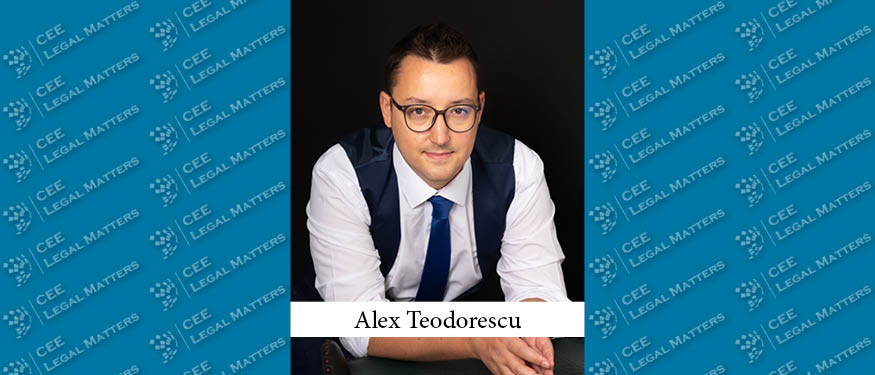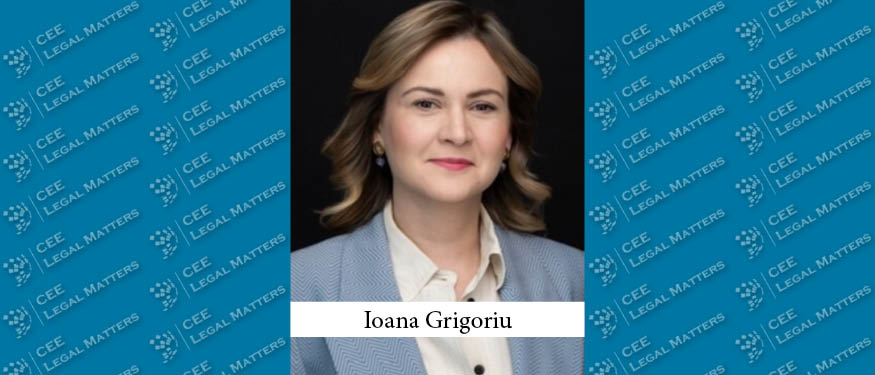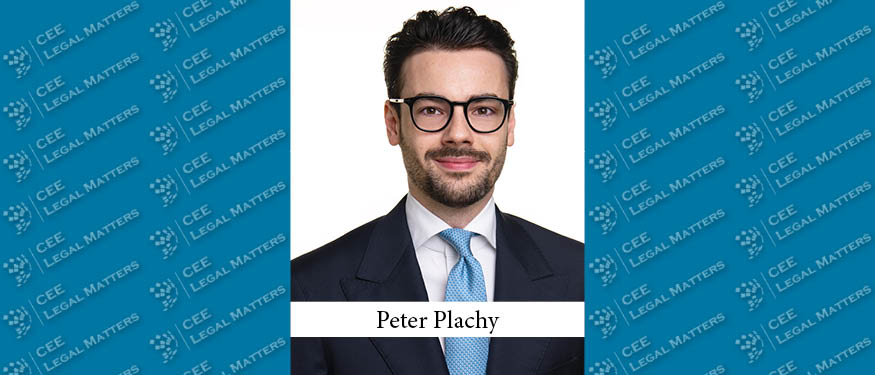According to the opinion released yesterday by the advocate general of the European Court of Justice, the Hungarian regulation that prohibits foreign taxpayers from submitting their documents in the second instance (appeal) procedures in VAT refund cases violates European law. If the final judgment will align with this opinion, it would not only simplify the process for foreign businesses to claim VAT refunds in Hungary but would also open the possibility to reclaim previous VAT payments.
Hurdle race: VAT refund for foreigners in Hungary
It is not uncommon for a foreign business that has purchased goods or services in Hungary to receive invoices with Hungarian VAT. Unlike the vast majority of domestic businesses, foreign businesses cannot deduct or reclaim the VAT on these invoices in their own VAT returns because they do not have an establishment in Hungary, nor a Hungarian tax number.
Foreign entities can only reclaim Hungarian VAT through a special procedure, filed annually. Not every invoice and supporting document needs to be attached to the application, however, the serial numbers of the relevant invoices must be indicated on the form.
Since the submission of invoices and other documents (e.g. contracts, performance certificates, etc.) is not mandatory, the Hungarian tax authority often requests additional documents within a one-month deadline during the assessment process.
Those who stayed out missed out - until now
The problem lies in the fact that the Hungarian tax authority communicates with foreign businesses and their designated contacts exclusively through the electronic channel specified in the application (typically the provided email address). However, it often happens that the foreign business provides an incorrect contact address, or the designated contact person no longer works for the company or maybe they are on a vacation, and therefore the foreign business fails to submit the requested documents within the deadline. Failure to meet the deadline leads to the termination of the procedure by the tax authority, and VAT is not refunded to the foreign businesses.
Many attempt to salvage the situation by submitting the documents requested by the tax authority in the appeal procedure against the first-instance decision. However, the second-instance authority automatically rejects these submissions, on the basis that, under Hungarian procedural rules, documents cannot be submitted anymore in the appeal procedure if the taxpayer did not submit them despite the tax authority's request. This leaves the VAT permanently in the Hungarian budget, inaccessible to foreign businesses.
Is there still a way out?
In an ongoing tax procedure, the opinion of the advocate general published yesterday stated that Hungarian tax laws are inconsistent with EU laws because they do not allow foreign businesses to submit documents in the second-instance (appeal) procedures which were previously requested by first-instance authorities. The Hungarian regulation violates several fundamental principles, such as the principles of tax neutrality, effectiveness and proportionality.
What can be expected from this and what are the further questions?
In its subsequent judgment, the Court of Justice of the European Union will give special consideration to the advocate general's opinion and the replies proposed therein. While the Court rarely deviates from such opinions in tax matters, it is not bound by them in its final decision-making process. If the formalities are followed, the European Court of Justice is likely to declare that the Hungarian regulation violates EU law.
Such a decision would probably result in the amendment of the current Hungarian regulations and raise the question that, pursuant to this decision, whether foreign businesses in similar situations could retroactively access their VAT stuck in the Hungarian budget. It may also raise further questions about whether the reasoning in the advocate general's opinion can be utilized in the appeal stage of other types of cases, such as other VAT refund requests or tax inspections.
By Péter Barta, Senior Attorney, Jalsovszky
















